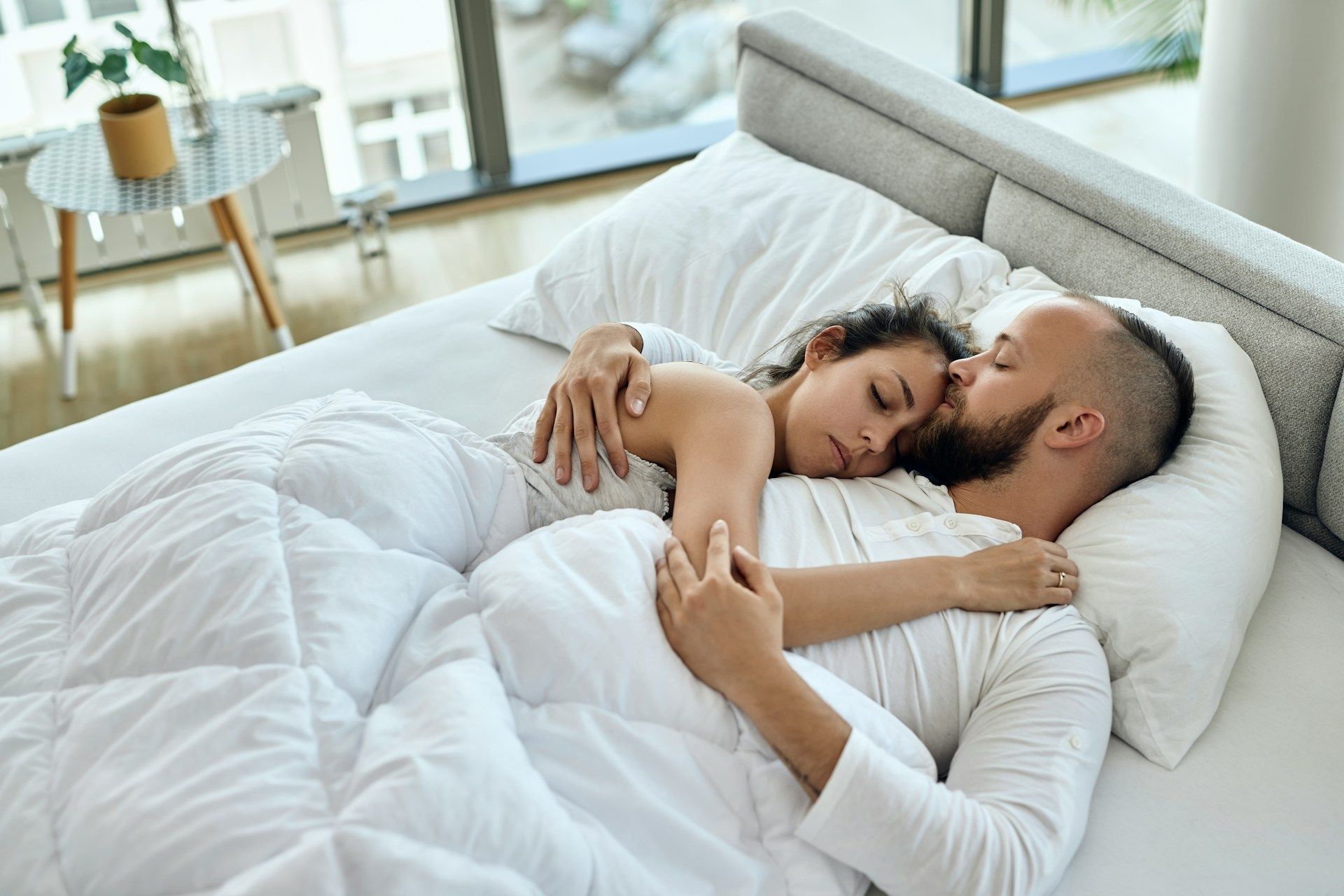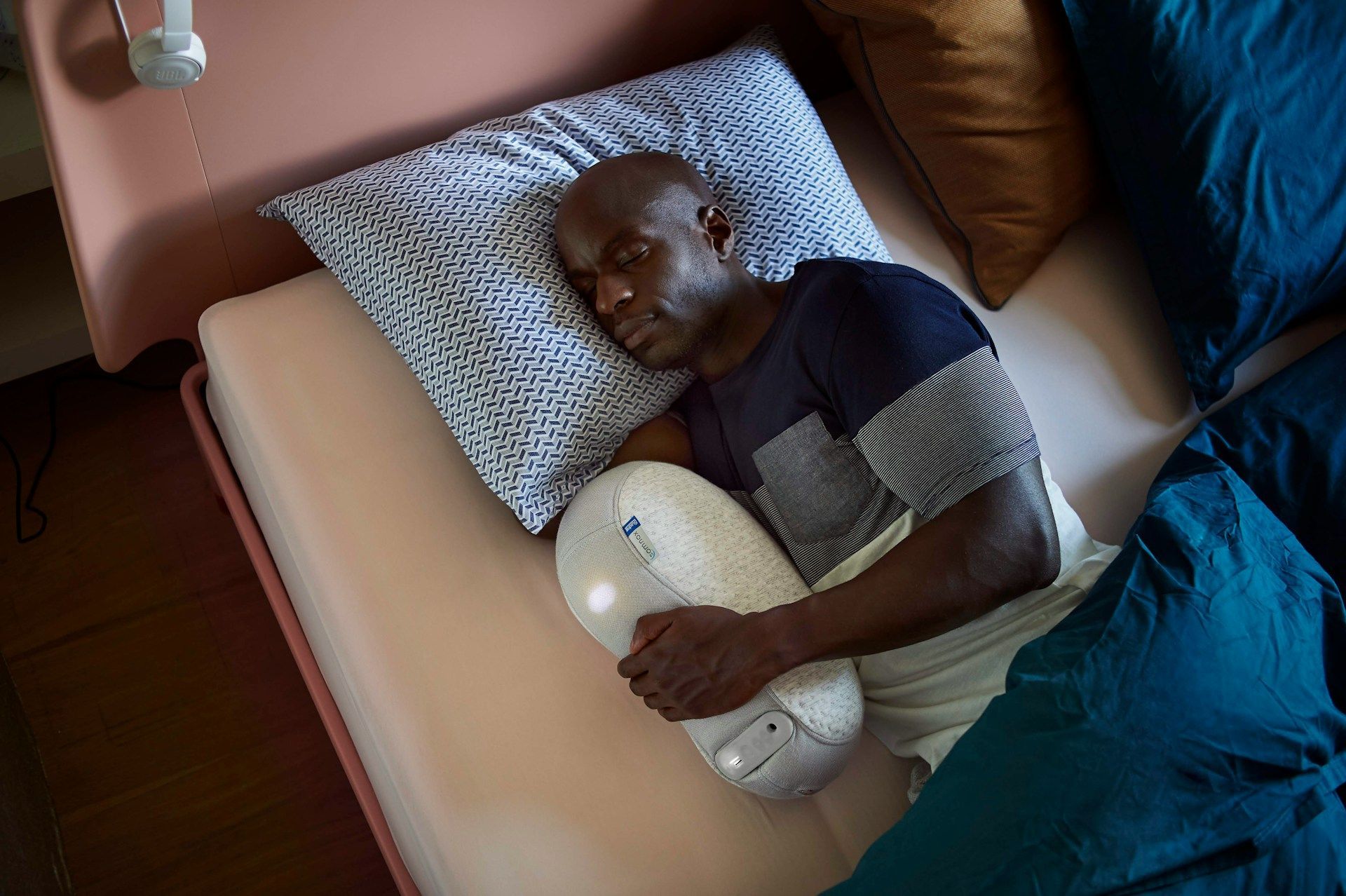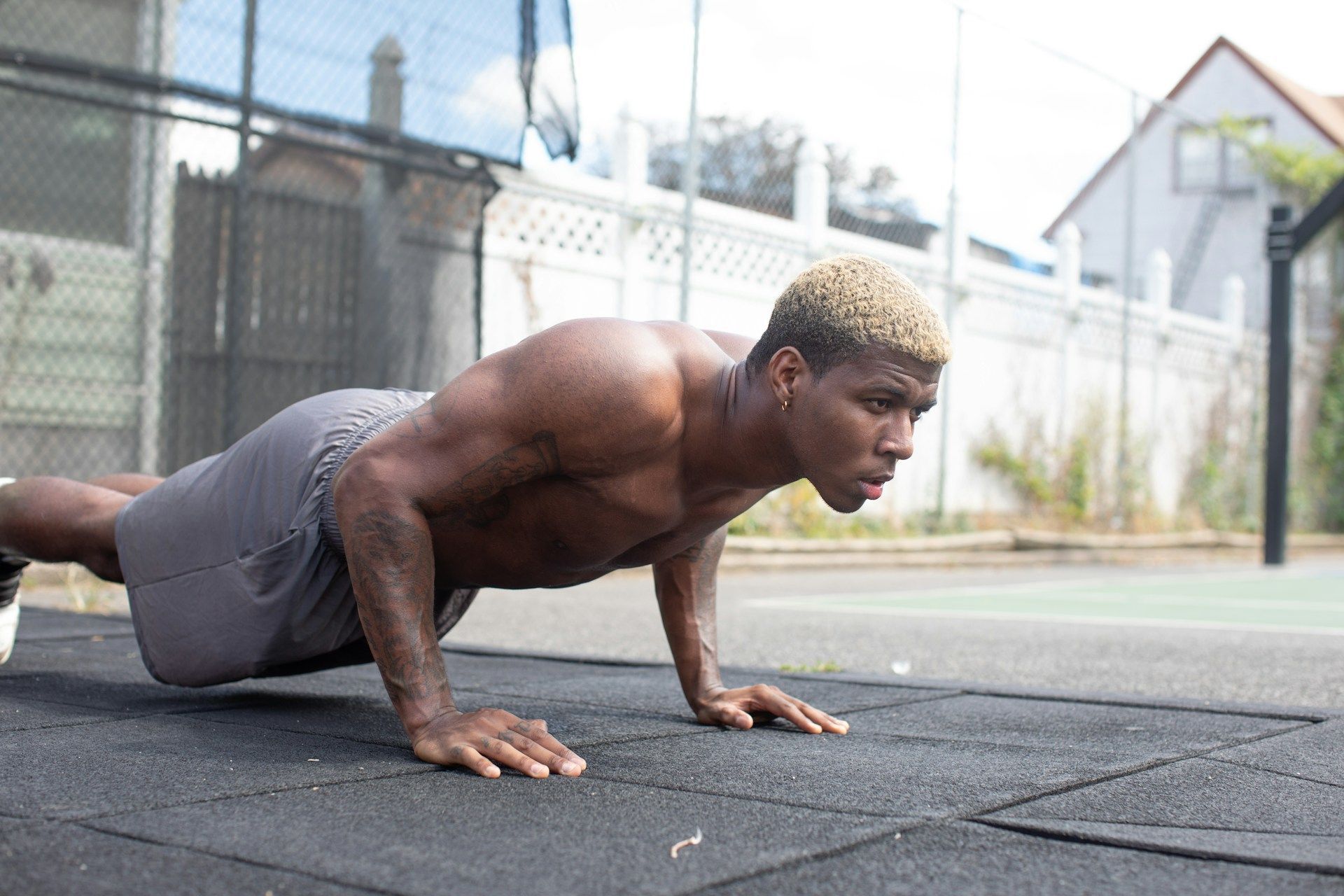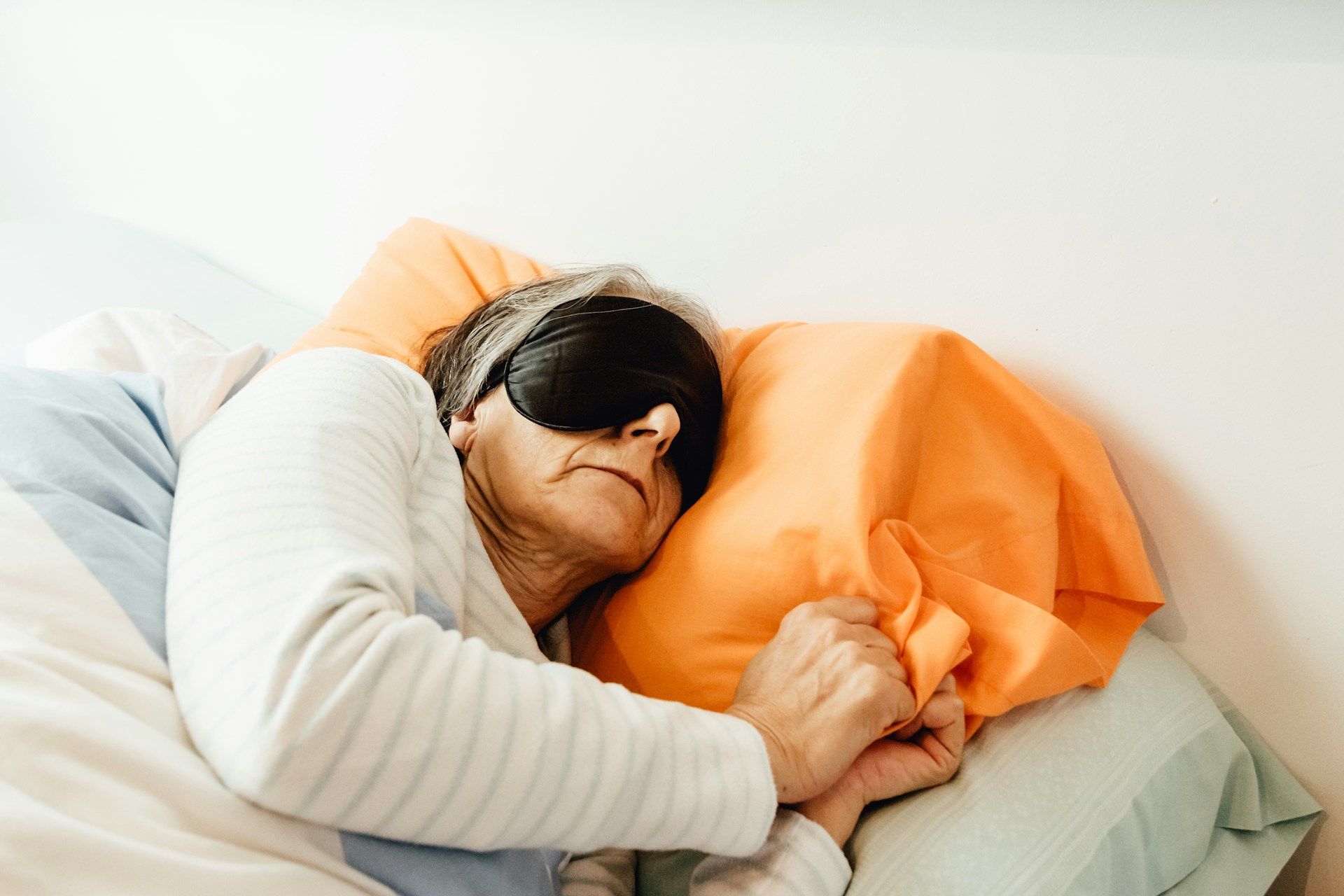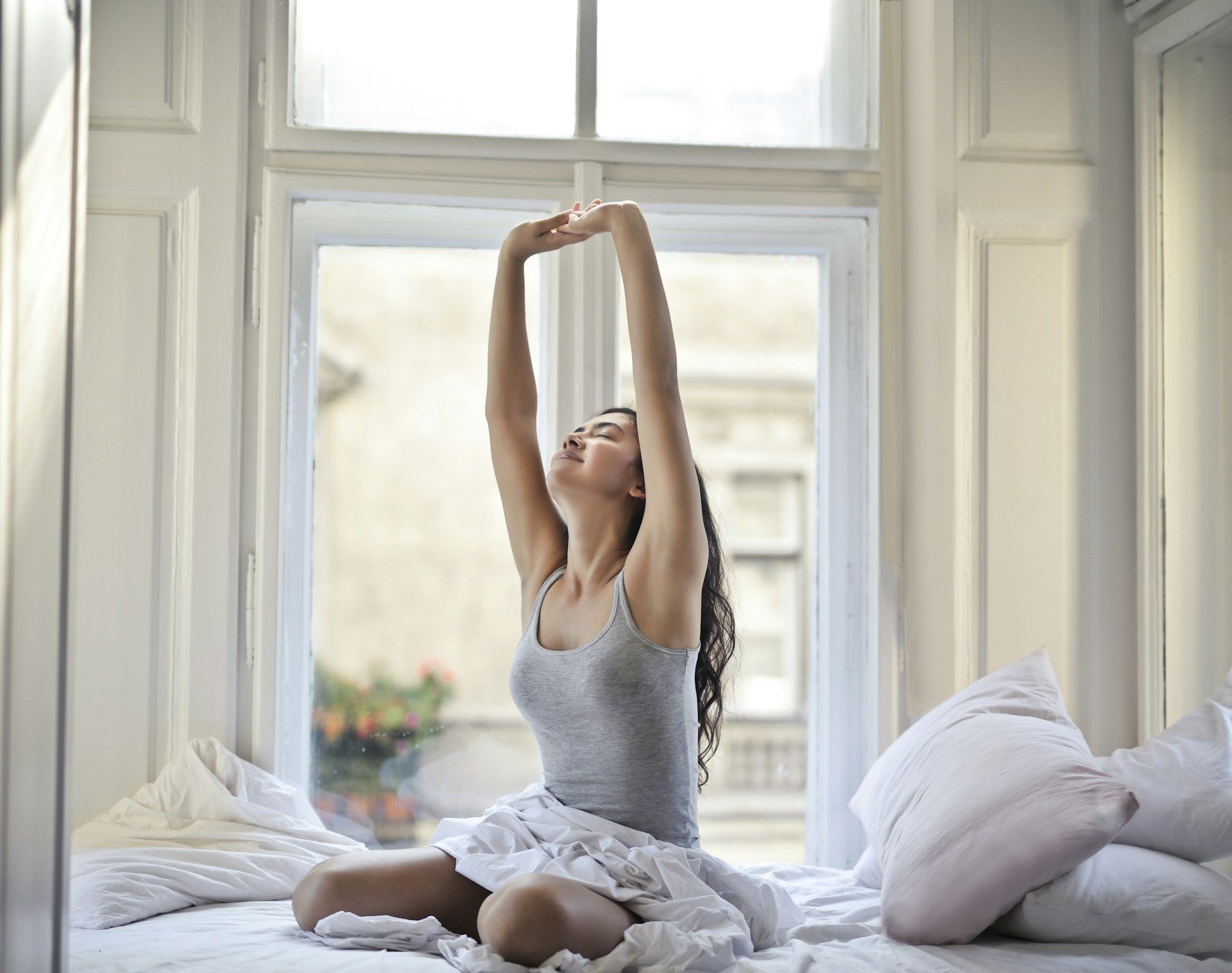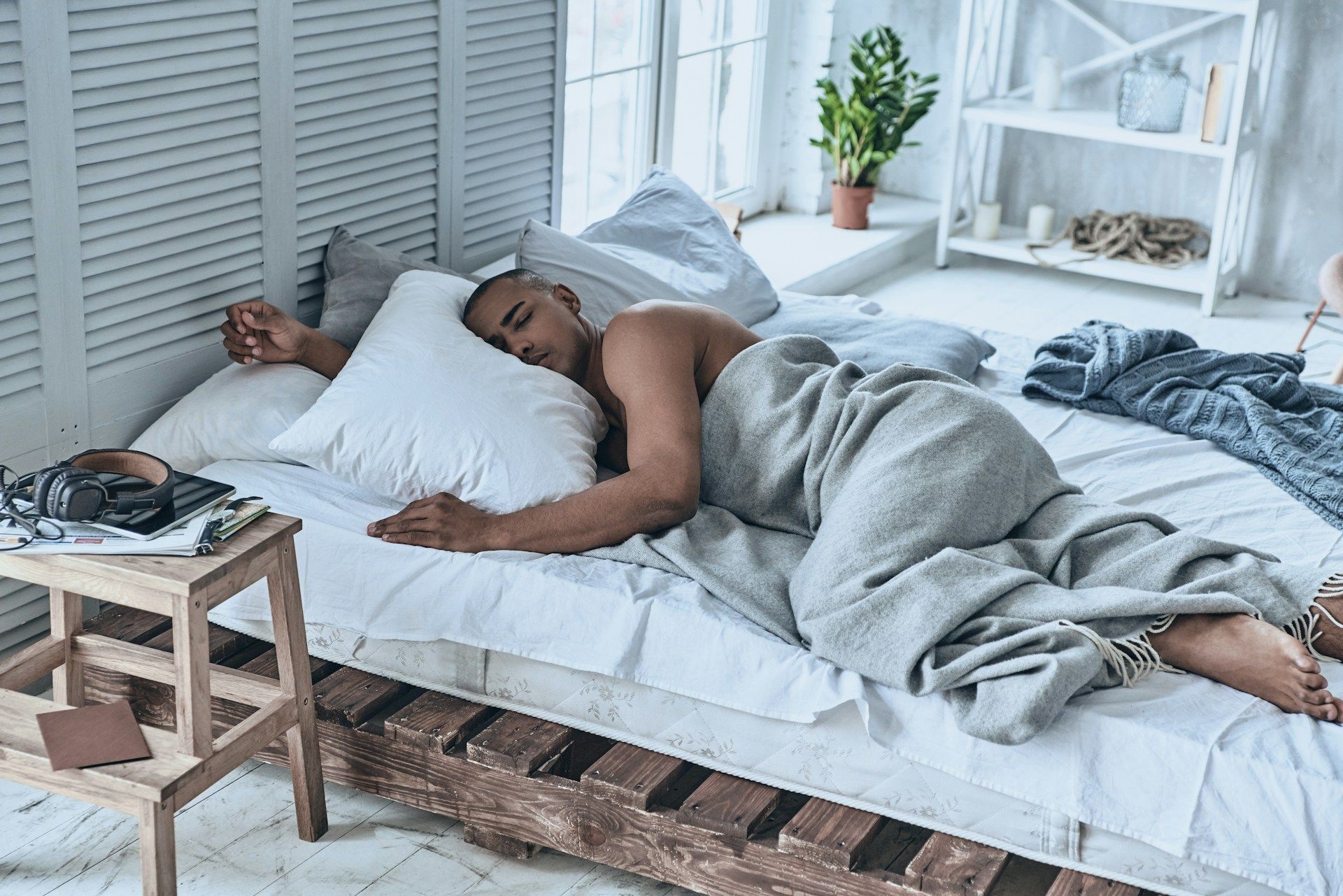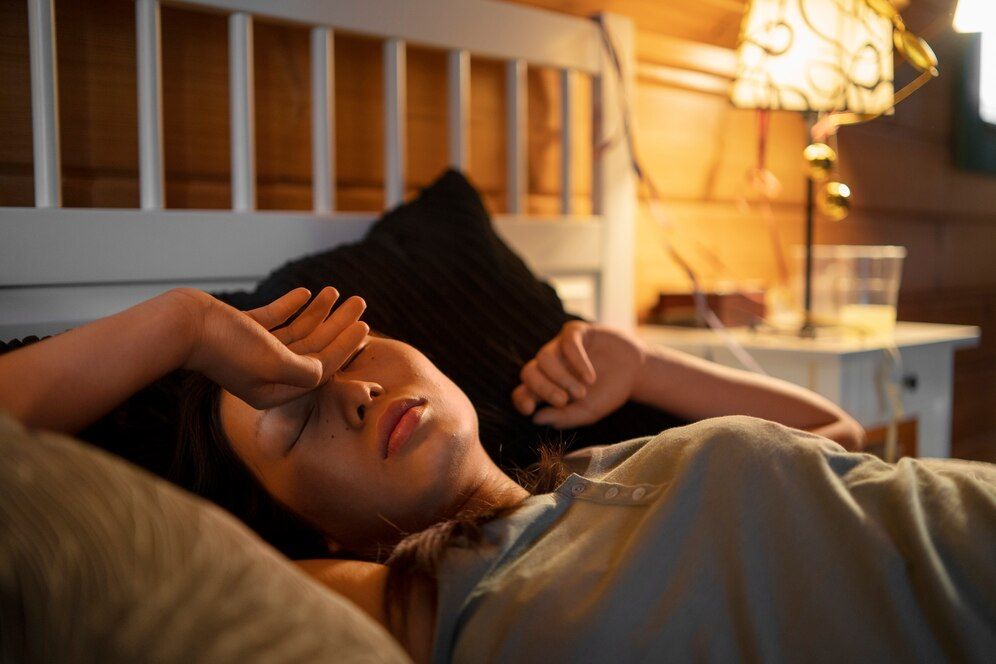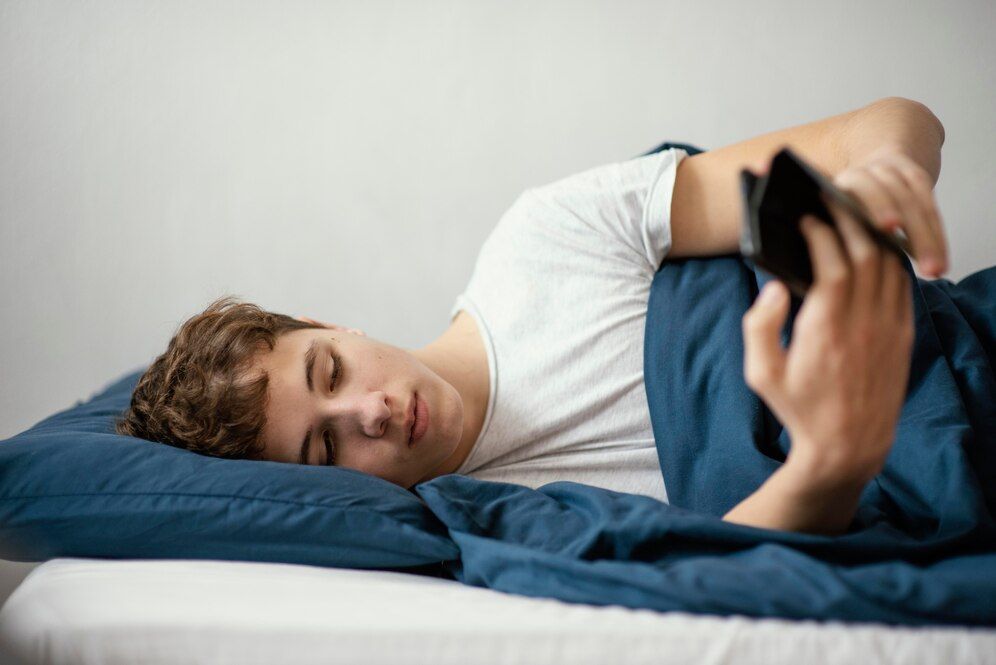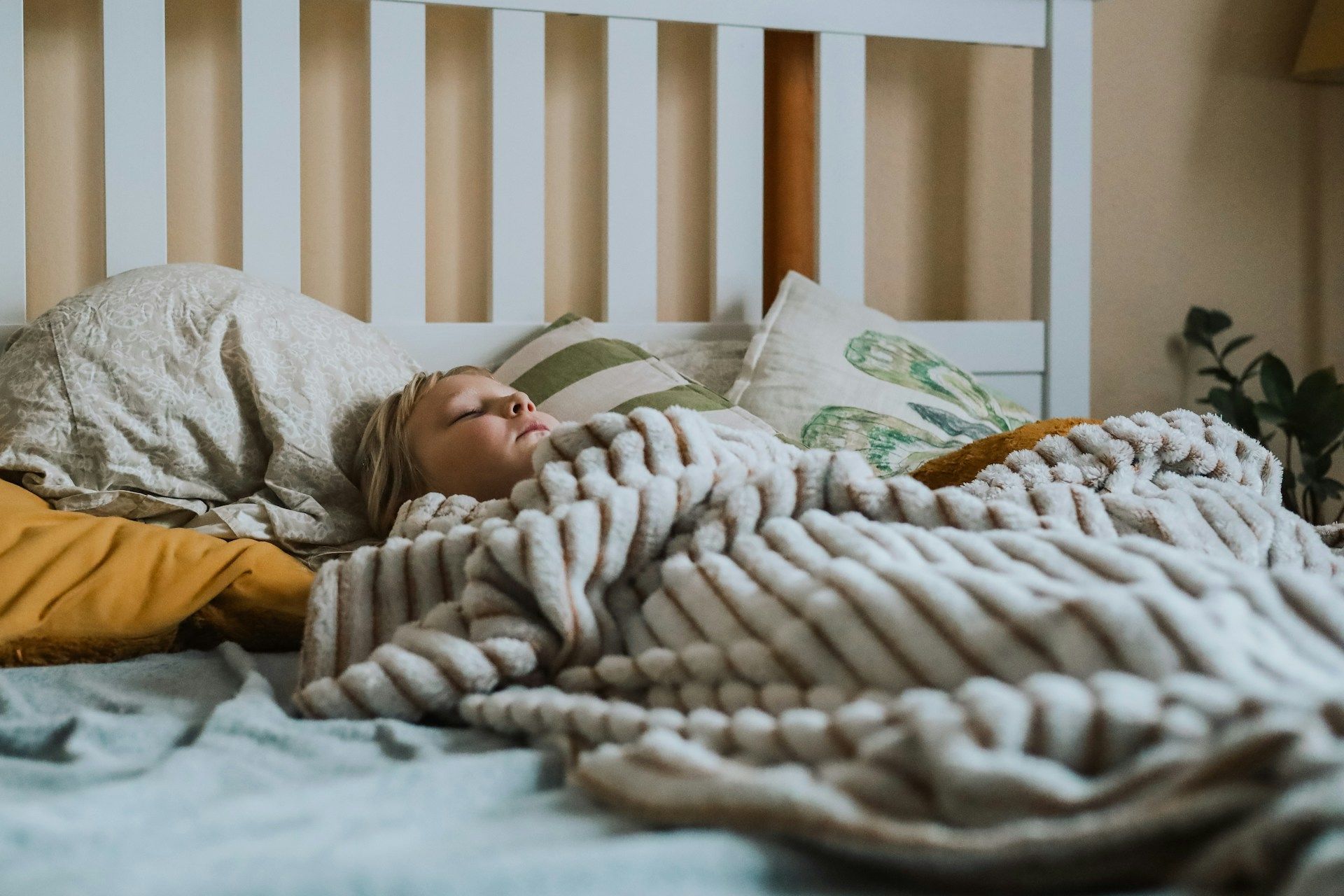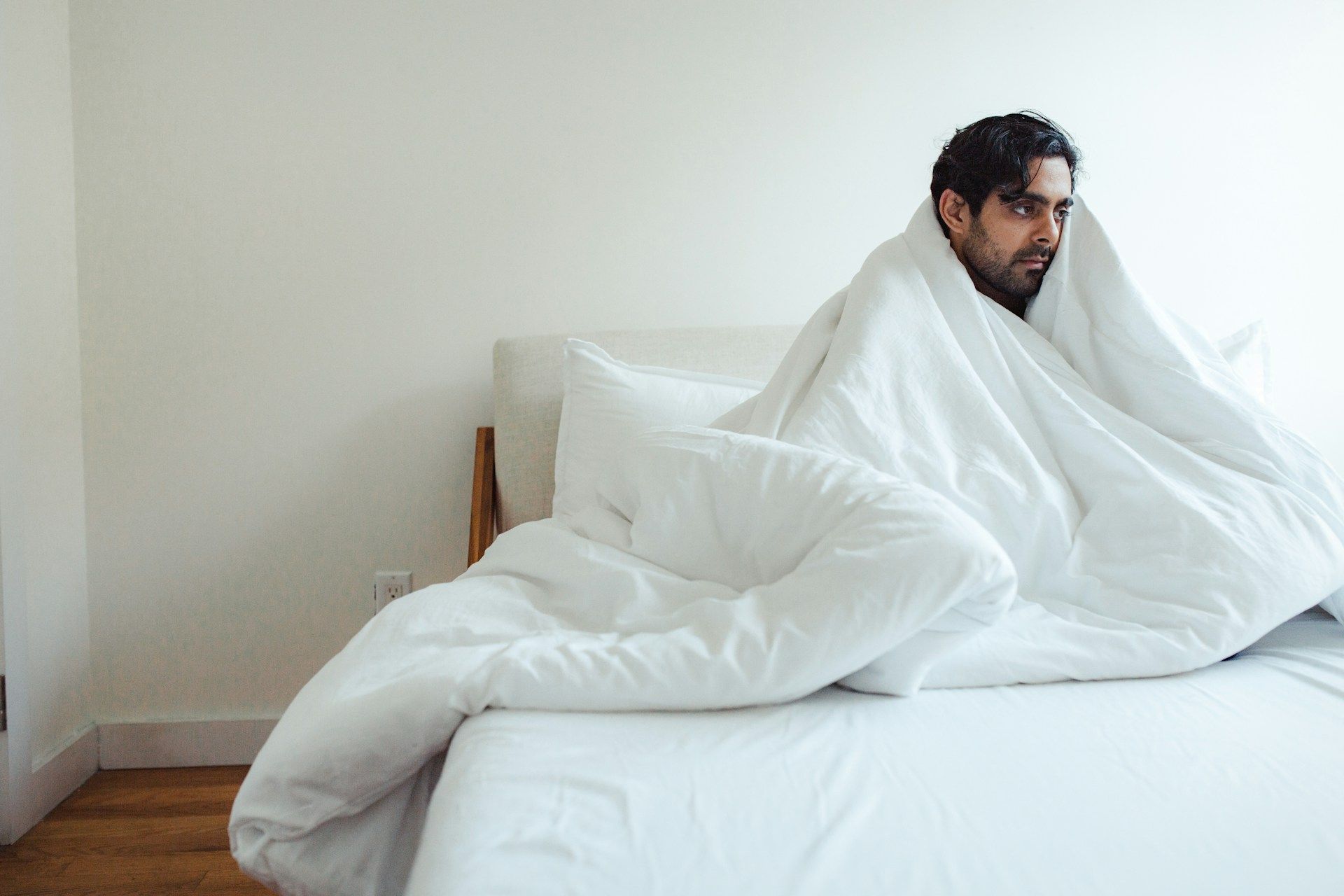Comparing Oral Devices for Sleep Apnea: A Detailed Breakdown with Expert Insights
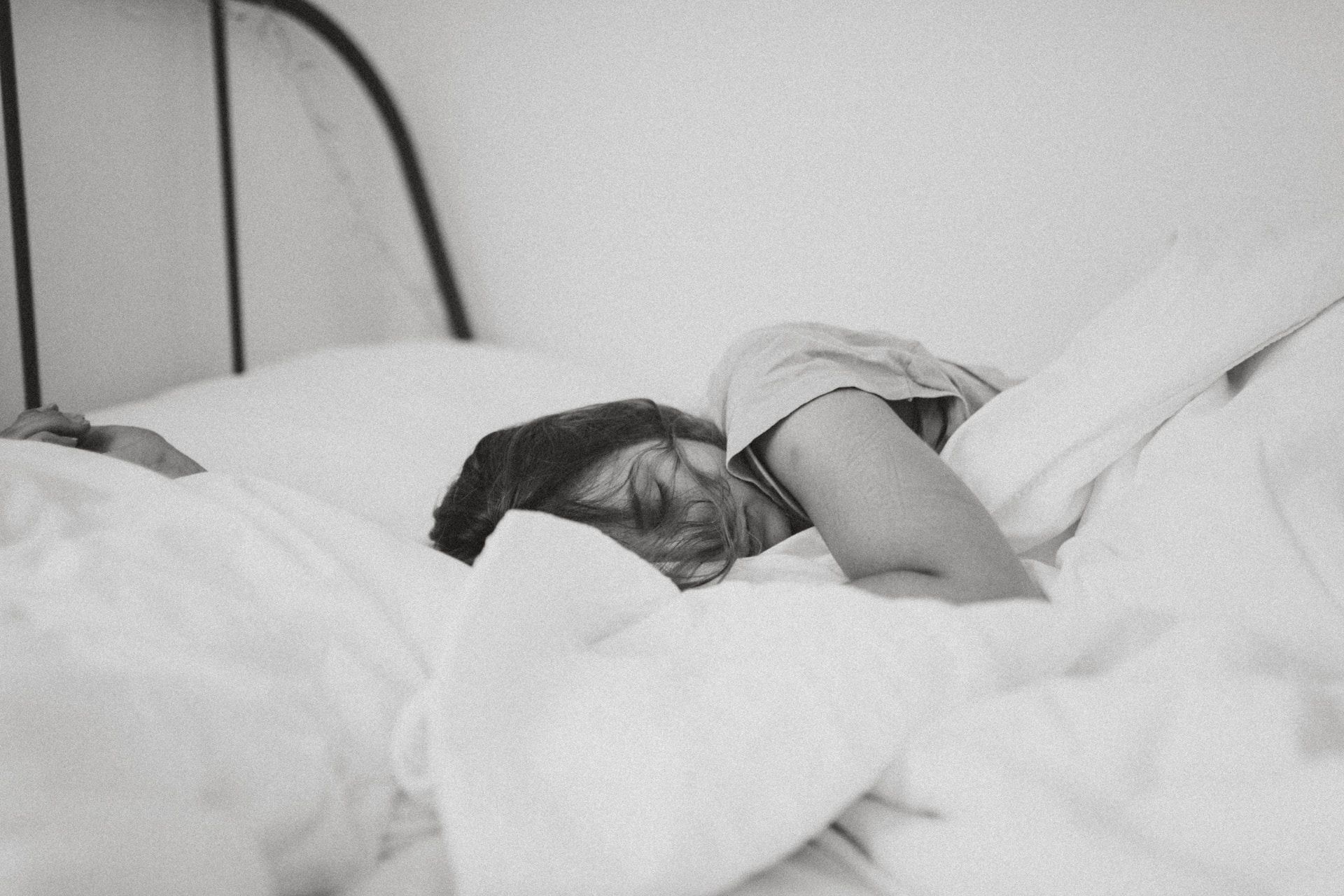
Sleep apnea, a serious sleep disorder affecting millions of individuals, can significantly disrupt the quality of sleep and lead to various health complications if left untreated. While CPAP therapy is a standard treatment for sleep apnea, many patients seek alternative solutions, such as oral devices. Sleep Advantage specializes in providing expert care in recommending and fitting the right oral appliance to cater to patients' unique needs.
In this article, we will present a detailed comparison of various oral devices for sleep apnea treatment, analyzing their pros and cons, and providing expert insights from Sleep Advantage professionals to help you make an informed decision. Understand the differences between mandibular advancement devices (MADs), tongue retaining devices (TRDs), and other dental appliance options, and discover the vital factors to consider when choosing the most suitable alternative for your sleep apnea therapy.
1. Mandibular Advancement Devices (MADs): Overview and Suitability
Mandibular Advancement Devices (MADs) are the most widely used category of oral appliances for sleep apnea treatment. These devices function by gently repositioning the lower jaw forward, which tightens the muscles and soft tissues around the airway, thus preventing its collapse during sleep. The forward positioning of the jaw also reduces the risk of the tongue falling back and obstructing the airway, making MADs not only effective for sleep apnea but also snoring.
MADs are suitable for individuals with mild to moderate obstructive sleep apnea, particularly those who find CPAP therapy uncomfortable or challenging to tolerate. MADs can also be recommended for patients with positional OSA or combined with other treatment modalities, such as weight loss or positional therapy.
2. Tongue Retaining Devices (TRDs): Overview and Suitability
Tongue Retaining Devices (TRDs) are another type of oral appliance used in sleep apnea treatment. These devices are specifically designed for individuals whose sleep apnea is caused primarily by their tongue falling back and obstructing the airway during sleep. TRDs function by holding the tongue forward using a suction mechanism, thus maintaining an unobstructed airway.
TRDs are generally recommended for patients who cannot tolerate or do not benefit from the use of MADs. Additionally, TRDs are an alternative solution for patients who cannot tolerate jaw repositioning or have limitations in jaw mobility. TRDs are also effective for snoring; however, MADs are preferred in OSA patients due to their greater efficacy in reducing apnea-hypopnea index (AHI) scores.
3. Adjustable vs. Non-Adjustable Devices: Feature Comparison
Oral devices for sleep apnea treatment can be either adjustable or non-adjustable. Below, we provide a feature comparison to help you better understand the differences between the two types.
- Adjustable devices: Adjustable oral appliances allow for the modification of the jaw's forward positioning incrementally, providing a higher level of customization and efficacy in reducing OSA symptoms. This feature also enables the dentist to fine-tune the device's settings over time as needed. Adjustable devices are usually more expensive; however, the added customization may significantly improve sleep apnea treatment outcomes.
- Non-adjustable devices: Non-adjustable oral appliances are typically cheaper and readily available. However, these devices do not allow for personalized modifications to the jaw's forward positioning, which may affect treatment effectiveness by limiting the level of customization. Non-adjustable devices may serve as a short-term solution or as a trial device to test tolerance and potential effectiveness before investing in a custom-fitted adjustable appliance.
4. Custom-Fitted vs. Over-the-Counter Devices: Quality and Efficacy
Oral appliances for sleep apnea treatment are also differentiated based on whether they are custom-fitted or purchased over the counter.
- Custom-fitted devices: Custom-fitted oral appliances are designed by a dentist to perfectly match an individual patient's dental anatomy, providing optimal fit and ensuring maximum effectiveness. These devices are made using durable, high-quality materials, and they can last for several years with proper care. The customization and expertise of dental professionals, like those at Sleep Advantage, contribute significantly to the success of OSA treatment through oral appliances. However, custom-fitted devices are generally more expensive than over-the-counter options.
- Over-the-counter devices: Over-the-counter (OTC) oral appliances are readily available and more affordable; however, they may be less effective in treating sleep apnea due to their non-customized nature. OTC devices are typically made from cheaper materials and have a limited lifespan compared to custom-fitted appliances. These devices may provide temporary relief or serve as a preliminary test for oral appliance therapy tolerance; however, they should not replace custom-fitted devices for long-term treatment.
A comprehensive understanding of the differences between oral devices for sleep apnea treatment ensures an informed decision in selecting the most suitable appliance for your needs. It's crucial to consult with experienced dental professionals, such as those at Sleep Advantage, to guide you through the decision-making process and provide expert care in fitting and adjusting your chosen oral appliance.
Conclusion
Selecting the ideal oral device for sleep apnea treatment is a crucial step toward achieving better sleep and a healthier lifestyle. By understanding the differences between available oral appliances and considering factors such as adjustability, custom fitting, and suitability, you can choose the most effective solution for your unique needs. Seek expert guidance and support from the experienced dental professionals at Sleep Advantage, who are dedicated to providing personalized care and ensuring optimal outcomes for your sleep apnea treatment.
Schedule a consultation with Sleep Advantage today to discuss the best
oral appliance for sleep apnea. Trust in their commitment to delivering high-quality care, backed by expertise and years of experience to help you achieve restful sleep and improved well-being through the use of oral devices for sleep apnea treatment.

